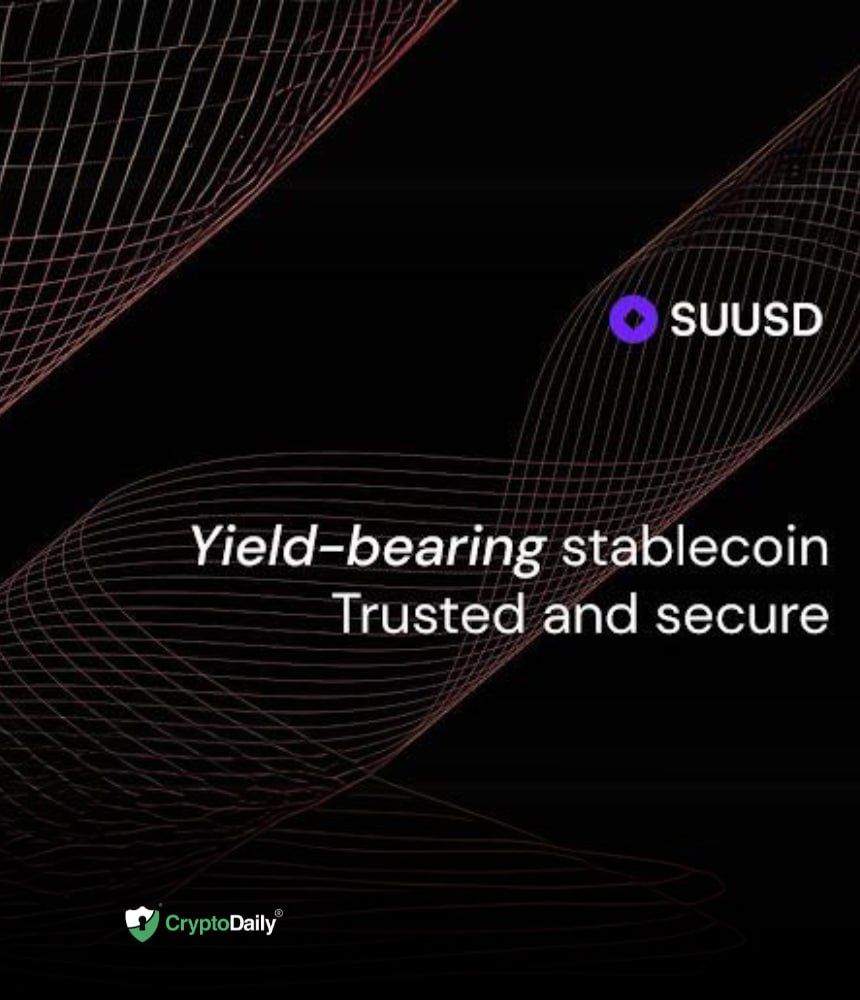Entering the cryptocurrency space for the first time has always been a headache for the uninitiated, and can even be complex for more experienced users. Indeed, for many, the barrier to entry has proven to be far too high. With the need to create an account with a crypto exchange, download and set up a wallet, safeguard your private keys, and understand what different cryptocurrencies are for, many users have simply thrown in the towel.
It’s a key challenge that the Web3 industry needs to overcome because there must exist a seamless way for economic value to flow between it and the traditional financial ecosystem if it’s ever to achieve mass adoption.
As such, increasing accessibility to crypto has become a big focus for the industry, and it has made substantial progress in building easy-to-use on-ramps and off-ramps to onboard new users.
What Are Crypto On-Ramps and Off-Ramps?
Crypto on-ramps are the name for the process where users can exchange their fiat money for digital assets such as cryptocurrencies and non-fungible tokens. Traditionally, it has always involved a number of steps, beginning with the need to sign up to a cryptocurrency exchange platform, pass the Know Your Customer process, link a bank account or credit/debit card, and sometimes even more.
Crypto off-ramps are essentially the same process as on-ramps, but done in reverse. They enable economic value from crypto to flow back into fiat, so users can “cash out” their digital assets. In many cases, users have to go through a similar convoluted process in order to cash out their crypto.
These processes are essential to onboard users to the crypto economy and the world of Web3. It’s also essential for them to be streamlined, so the transfer of value between the two ecosystems can be done instantaneously and with minimal hassles for the end user. What’s more, crypto-to-fiat ramps cannot just be limited to an exchange. They should be made available through every single dApp to ease accessibility.
Building Better Crypto Ramps
The challenge facing crypto on- and off-ramp providers is to simplify what has traditionally always been an arduous process, and the good news is that many new solutions have stepped up to fulfill this urgent need. Thanks to some impressive innovations, dApps now have a way to integrate on- and off-ramps directly into their user interface.
Leading the way here is Ramp Network, which has built an application programming interface-based on- and off-ramp platform that can be integrated within any kind of dApp. It offers a simple and self-explanatory user interface that can be directly accessed via any dApp, allowing users to buy and sell crypto in seconds. Developers can implement it with a few lines of code, creating a direct connection between the worlds of crypto and fiat. What’s more, its products are fully regulated by bodies such as the U.K.’s Financial Conduct Authority (FCA) and U.S. Financial Crimes Enforcement Network (FinCEN), ensuring full compliance.
Ramp’s solutions make onboarding to crypto as simple as can be. Users simply select the cryptocurrency and desired amount to see a price quote, including fees. They sign in by email, choose their preferred payment method, such as a bank transfer or credit card, and then the transaction will be completed in seconds with the funds transferred directly into the user’s digital wallet. For off-ramps, users specify the token and amount they wish to sell, choose their payout method, and then send the funds to Ramp’s wallet before receiving the quoted fiat amount in their account.
For businesses, the benefits of such a simple crypto ramp are obvious, helping to boost user acquisition and retention, as they'll find it much easier to access their Web3 services. It also means lower friction onboarding to any new dApp for existing users of these ramps. Ramp isn’t the only game in town. Platforms such as MoonPay and Bolt Finance offer very similar functionality. Although the APIs might vary, they all share a central theme, packing all of the steps involved in ramping into a simple flow encompassing identity verification, compliance checks, asset pairing, liquidity and reserves management, counterparty matching, payment processing and delivery of funds, and all that with a focus on speed. For the vast majority of users, it’s far more efficient than using a traditional crypto exchange.
For businesses, the benefits of such a simple crypto ramp are obvious, helping to boost user acquisition and retention, as they'll find it much easier to access their Web3 services. It also means lower friction onboarding to any new dApp for existing users of these ramps.
Why Crypto Ramps Are A Game Changer For Web3
As a key, fundamental building block of Web3, cryptocurrencies desperately need a bridge to the world of fiat that anyone can access. The reality, for now, is that 99% of the world’s value remains trapped in the existing, byzantine financial system that’s under the control of governments, but it may not always be that way.
Advocates of Web3 envisage a day when the crypto world will surpass the fiat economy and become home to the bulk of the world’s economic value. But such a vision will only ever come to fruition if the on- and off-ramps are built first. For everyday users, the effort it takes to buy and sell crypto remains one of the biggest barriers to adoption. For businesses, this friction can seriously limit their growth, especially in the case of dApps that are not primarily designed to provide financial services. Web3 games, for instance, use digital assets to represent in-game items and characters and the primary focus is on gameplay, but the lack of simple on- and off-ramps will deter all but the most determined new players.
Dedicated crypto ramping services like Ramp, MoonPay, and Wyre promise to have a significant impact, enabling every developer to integrate a crypto-to-fiat bridge alongside the Web3 services they provide. They will play a key role in easing accessibility to an entirely new generation of decentralized services.
The introduction of easy crypto ramps has clear, positive implications for both adoption and real-world usage. New users can be onboarded in much the same way as they are with legacy applications and services, opening the floodgates to the next billion users and mass adoption of Web3.
Disclaimer: This article is provided for informational purposes only. It is not offered or intended to be used as legal, tax, investment, financial, or other advice.





